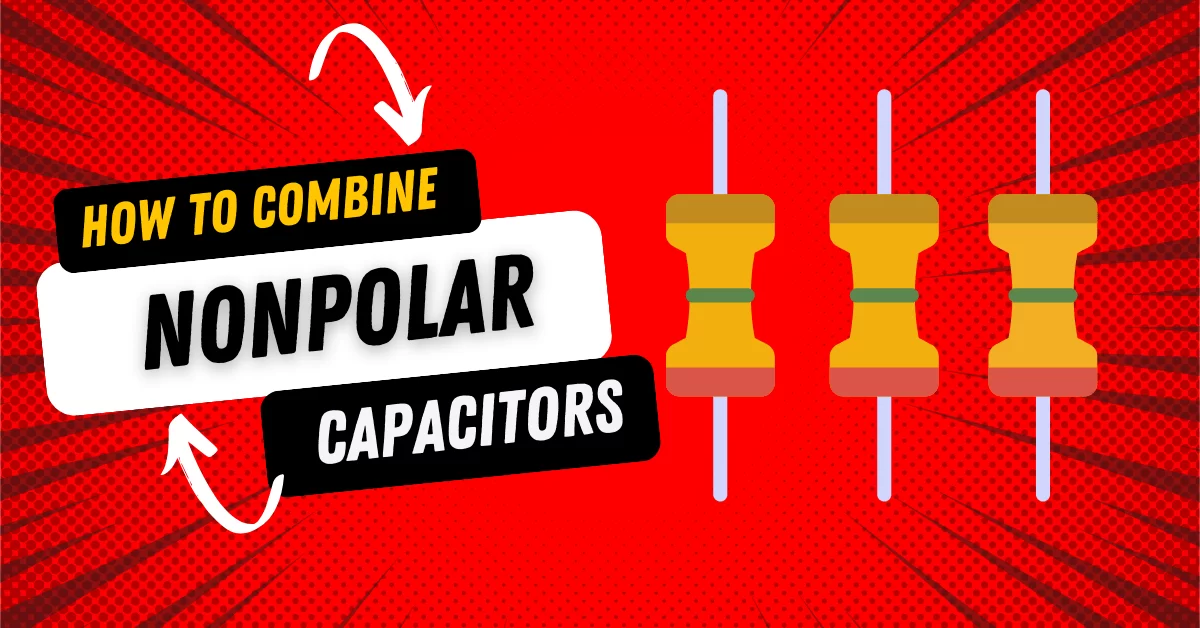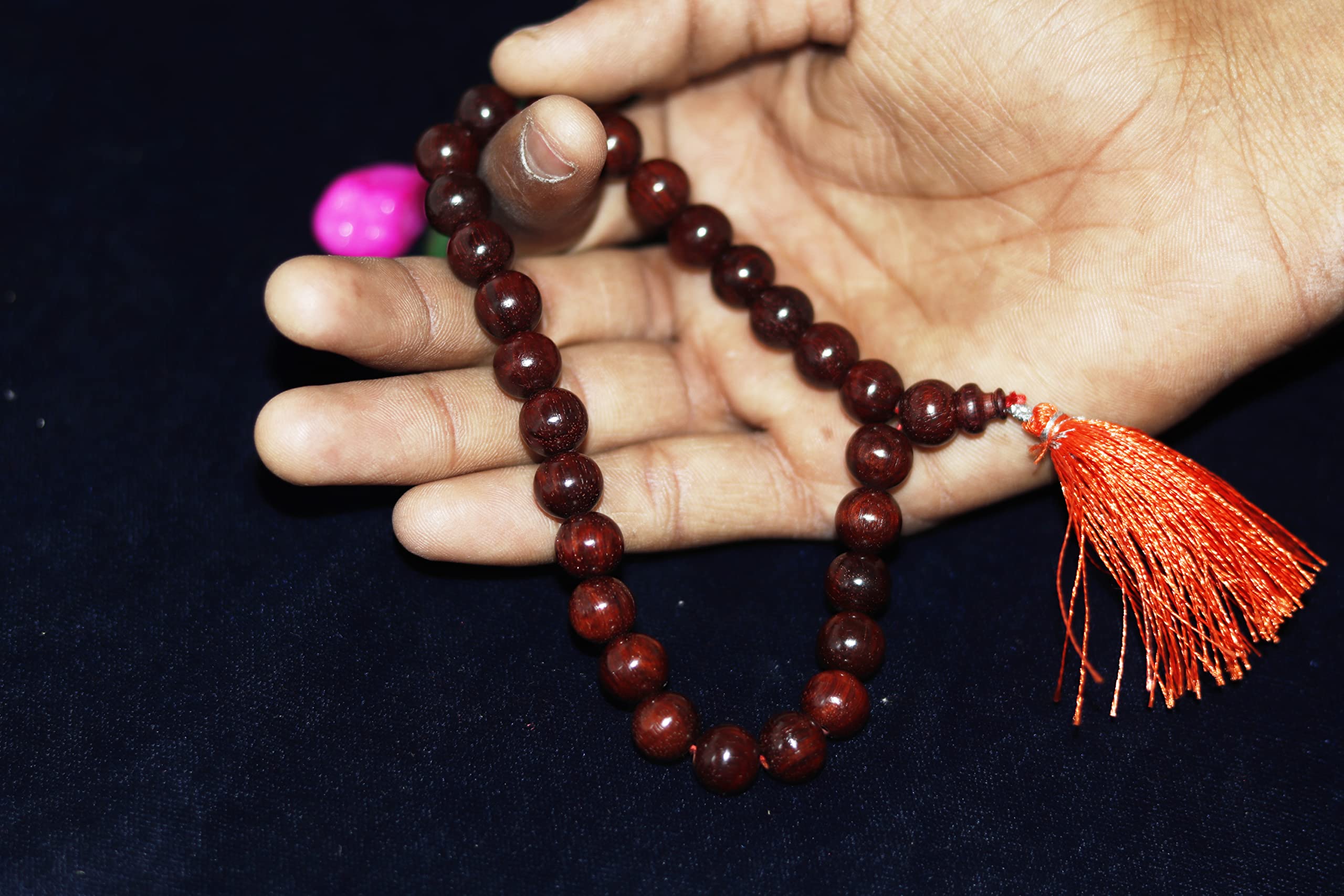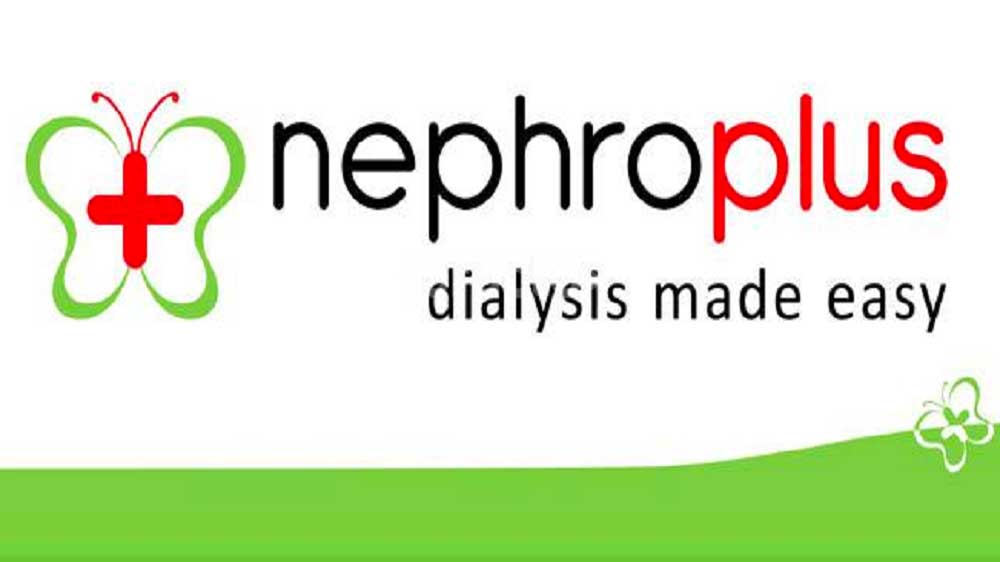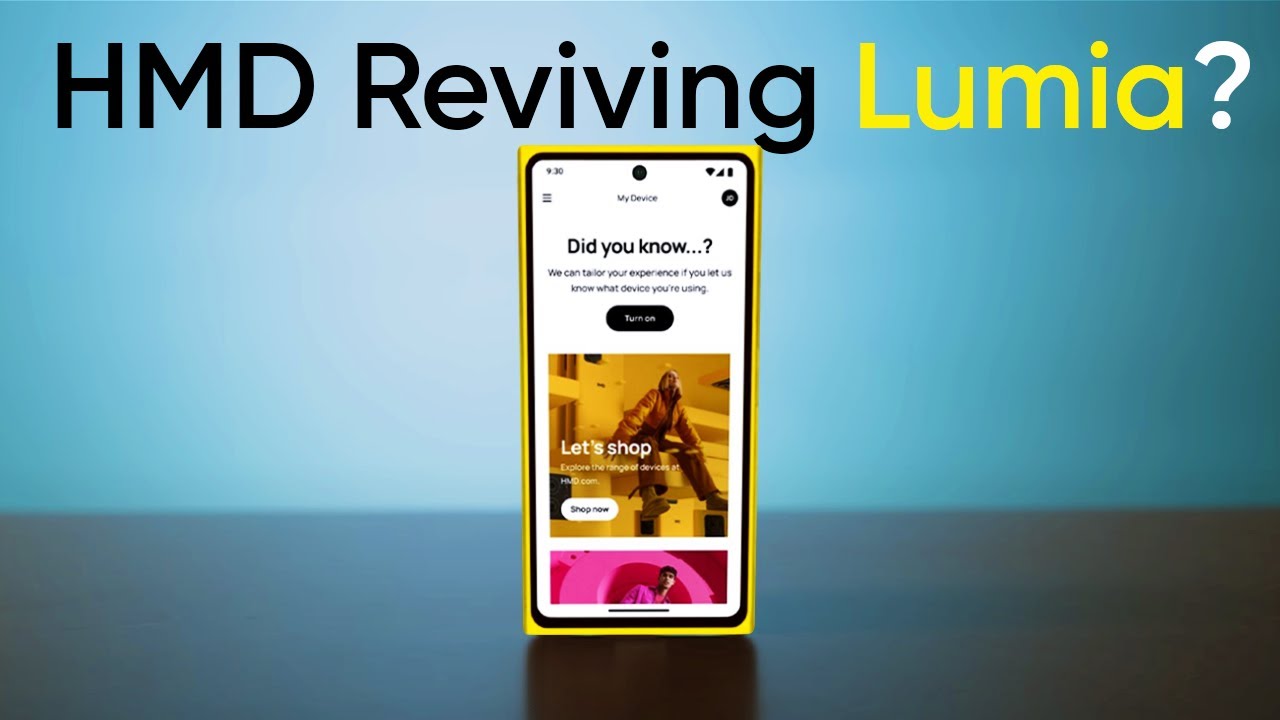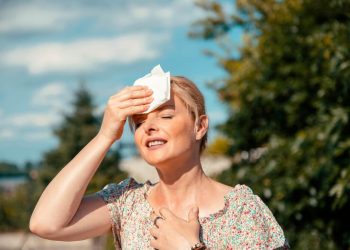There are several ways to deal with drowsiness, but the most common methods to cheer up are coffee and exercise. A team of scientists from Canada decided to check which method is the most effective.
In Canada, coffee is second only to water as the drink most commonly consumed by adults. Although caffeine has several beneficial effects, such as increased alertness, energy, and good mood, it does not suit everyone.
Which is better to cheer up Coffee or sports?
Some people experience negative effects from caffeine intake, such as increased anxiety symptoms, insomnia, and muscle tremors. Side effects can also occur in children and pregnant women.

It often happens that over time, people begin to need more and more caffeine. With an increase in portions, they have negative consequences in the form of a headache, nausea and gastrointestinal problems. But what if coffee is an indispensable source of energy for many of us?– say the researchers.
There is another effective way to cheer up – exercise, whether it is running, swimming or simple aerobic exercises. Scientists decided to check whether they are really as effective as a cup of good coffee.
During the study, scientists suggested that young healthy people take a quick 20-minute run on a treadmill instead of drinking coffee.
Our results showed that a moderate-intensity exercise dose was essentially equivalent to a caffeine dose. This result would suggest that replacing coffee with one session of aerobic exercise can provide not only a cognitive impulse like coffee but also other health benefits that come with exercise,– scientists write.
Also during the experiment, the researchers decided to check what happens during caffeine withdrawal.
Experts asked participants to completely eliminate caffeine for 12 hours and then come to the laboratory to evaluate the symptoms of such withdrawal (fatigue, difficulty concentrating, poor mood, lack of motivation, and headache).
Scientists then analyzed whether brisk walking or caffeine intake could reduce withdrawal symptoms and improve working memory. The results showed that a quick 20-minute walk smoothed withdrawal symptoms, in particular fatigue and depressed mood.
A simple thing like taking a quick walk during your lunch break can help fight the daily energy downturn. In addition, for people who may want to reduce their coffee consumption, aerobic exercise can be a compelling alternative.


